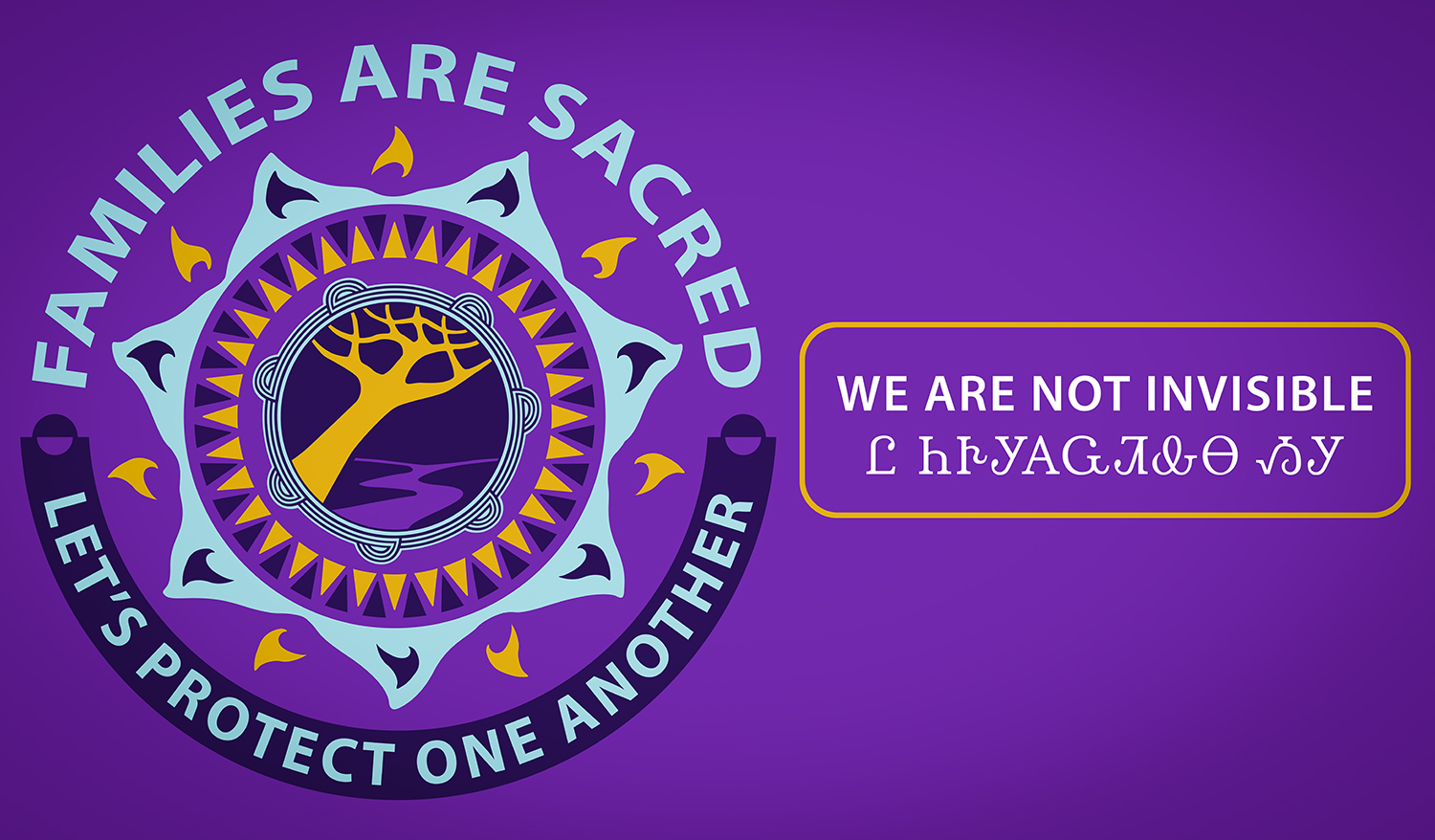TAHLEQUAH, Okla. — The Cherokee Nation is hosting the Families Are Sacred Summit April 18-20 to help tribal nations across Oklahoma as well as local, state and federal law enforcement and service providers in learning best practices to deliver safe, effective services for victims of domestic violence. Those who attend the free training will also learn how to increase successful prosecutions of domestic violence cases and reduce crime across the state.
The Families Are Sacred Summit will be held at the Hard Rock Hotel & Casino Tulsa and hosted by the Cherokee Nation and area partners. The event includes keynote addresses from local, regional, and national speakers addressing the many avenues of domestic violence and what can be done to stop it.
“Holding our Cherokee families sacred is a core value of the Cherokee Nation and we are continuing to uphold that value in 2023 by making it the highest of priorities to protect our most vulnerable family members,” said Principal Chief Chuck Hoskin Jr. “We are focused on building up Cherokee Nation’s domestic violence prevention efforts, survivor support, and law enforcement services – and we want to connect with partners across the state who have that same mission for their own communities. We can do this by collaborating with tribal, state, local and federal partners for the first Families Are Sacred Summit. This gathering will create a stronger network of advocates throughout Oklahoma and Indian Country. It is more important than ever that we all work together for increased safety on Native lands.”
Eight tracks will be offered for professional development breakout sessions during the summit. Each session will be conducted by certified trainers and can be used for continuing education units, continuing legal education credits, the Council of Law Enforcement Education and Training (CLEET) credits, and continuing medical education credits when available.
The first track is for tribal courts and prosecutors. In this track, professionals will be discussing topics such as domestic violence laws, the anatomy of domestic violence and federal prosecution of domestic violence cases. The law enforcement track will explore topics covering missing and murdered indigenous people, filing protective orders tribally and evidence collection and submittal.
A track for behavioral health professionals will offer discussions surrounding Cherokee Nation’s harm reduction program and trauma-informed care. A sexual assault nurse examiners and health professionals track will cover domestic violence resources and referrals, as well as knowing how to watch for signs of human trafficking.
The social work track will provide courses on intimate partner violence, how domestic violence impacts children, and healing to wellness for tribal court.
The domestic violence advocates track discusses victim basic communication and advocate problem solving and confidentiality. Domestic violence volunteers also have a track that includes courses such as intakes and interview questions for victims and volunteers’ best practices.
In the Native American culture track, courses about the historical roles of women in tribal culture and Cherokee community values will be reviewed.
“We know that domestic violence can devastate families, and especially children who are often caught in the middle. This is why Cherokee Nation is working to hold perpetrators of domestic violence accountable and ensure we improve the health and safety of families across our state,” said Deputy Chief Bryan Warner.
Keynote speakers will include internationally acclaimed storyteller and author D.J. Vanas, CEO and founder of Breaking Barriers United Ryan Tillman, health psychologist and musician Dr. Darryl Tonemah, Principal Chief of the Cherokee Nation Chuck Hoskin Jr., Deputy Chief Bryan Warner, Cherokee Nation Tribal Council Speaker Mike Shambaugh, District Two Tribal Councilor Candessa Tehee, Delegate Kimberly Teehee, Cherokee Nation Attorney General Sara Hill, Marshal Shannon Buhl, and Senior Director of One Fire Human Services Debra Proctor.
“I believe that we should always look at protecting our families, our families are the nucleus to what this tribe is,” said Cherokee Nation Marshal Shannon Buhl, a keynote speaker at the Families Are Scared Summit. “Some believe that the tribe is the government, but I think the tribe is the families that reside within and outside of the reservation that make up this tribe. They are incredibly important and protecting them is the first step in making sure this tribe lasts the next 200 years.”
Registration for the summit is free and available until April 14 by visiting https://cherokee.org/families-are-sacred-summit/registration/.

